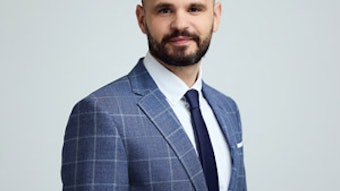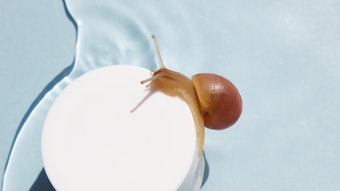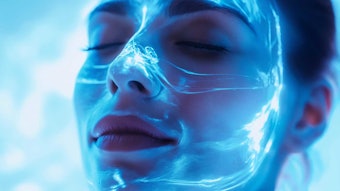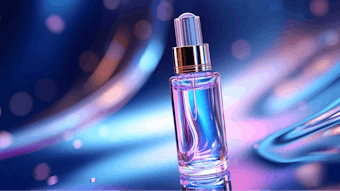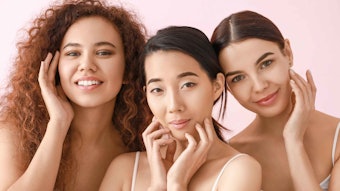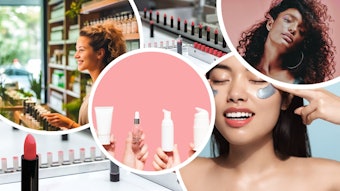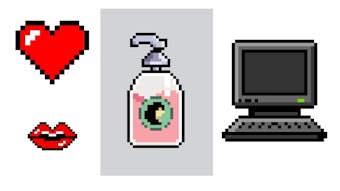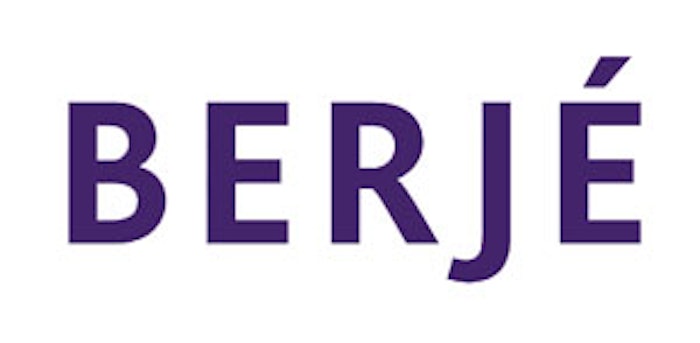
Crunching sounds can make food taste better. Heavier lipstick tubes impart a sense of luxury. There is no escaping the cross-modal signals consumers receive as they experience products. How might product developers benefit from these signals?
 In this first in a seven-part podcast series, sponsored by Berjé, world-renowned experimental psychologist Charles Spence, Ph.D., of the University of Oxford, explores sensory integration in consumer products. Our discussion ranges from cosmetic packaging design, fragrance and aroma, to synesthesia, digital tools and more—and how they can cue one another. Spence will give the Frontiers of Science award presentation, sponsored by Cosmetics & Toiletries, during the December 2018 SCC Annual Meeting and Technology Showcase. This podcast series gives a glimpse at how Spence will attempt to untangle (and apply) these mysteries for industry. Following is an excerpt from Part I. (Continue to Part II, Part III or Part IV)
In this first in a seven-part podcast series, sponsored by Berjé, world-renowned experimental psychologist Charles Spence, Ph.D., of the University of Oxford, explores sensory integration in consumer products. Our discussion ranges from cosmetic packaging design, fragrance and aroma, to synesthesia, digital tools and more—and how they can cue one another. Spence will give the Frontiers of Science award presentation, sponsored by Cosmetics & Toiletries, during the December 2018 SCC Annual Meeting and Technology Showcase. This podcast series gives a glimpse at how Spence will attempt to untangle (and apply) these mysteries for industry. Following is an excerpt from Part I. (Continue to Part II, Part III or Part IV)"As a multisensory scientist, I see a role for all the senses—more than we currently think about them in our everyday experiences, be it with food, or purchasing or using cosmetic products, etc. I’ve done a lot of cosmetic and personal care-related research as well [as food], and I think there are a lot of similarities between the two in the way we select and experience cosmetic products."
Click below to hear the full interview.



